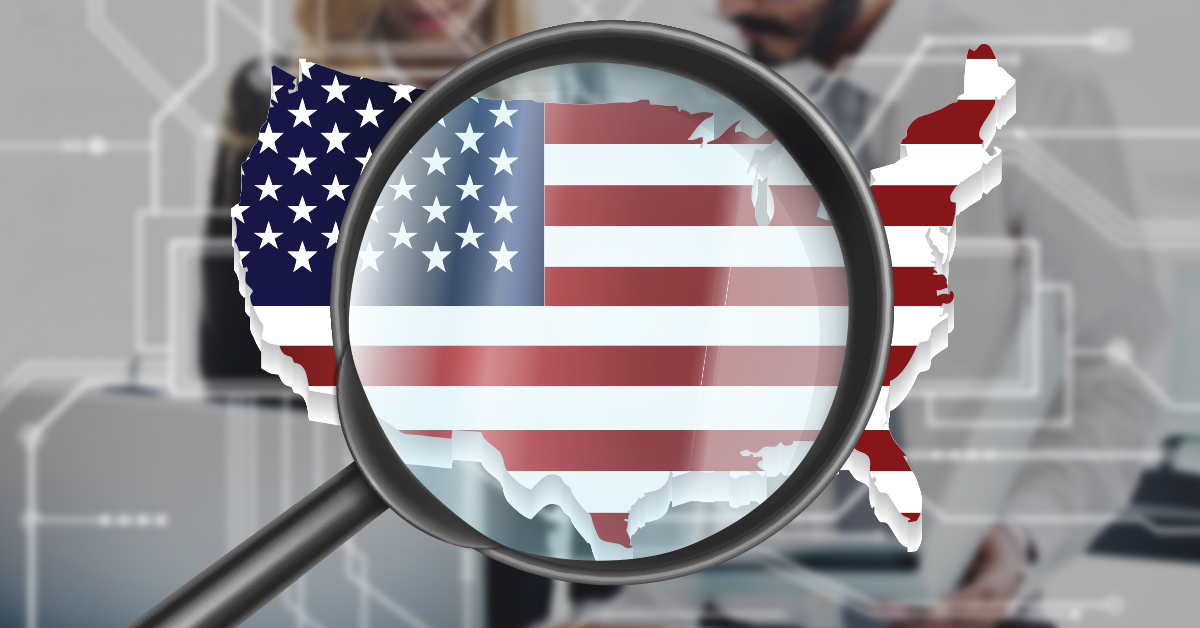by Janet Phelan, Activist Post:

Twenty-one years ago, on October 26, 2001, the US Congress passed the USA PATRIOT Act. In the wake of terror following the attacks of September 11 and the anthrax attacks, it was repeatedly alleged that many congressmen did not even read the Act, which is over 130 pages in length.
In the intervening years, considerable concern has been voiced about the surveillance authorized by the Act, which allows such a wide net as to capture communications of most, if not all, Americans. The ACLU declared that “The result is unchecked government power to rifle through individuals’ financial records, medical histories, Internet usage, bookstore purchases, library usage, travel patterns, or any other activity that leaves a record.”
TRUTH LIVES on at https://sgtreport.tv/
Numerous attempts have been made to nullify these authorities, without success. So when Section 215 lapsed in 2020, a collective sigh of relief was heard. No longer did the US government maintain the “right” to maintain mass surveillance of Americans’ phone records, among other problematic capabilities.
Strangely, however, following the lapsing of Section 215, nothing seems to have changed. It may be, as some pundits declare, that other legalistic surveillance authorities simply took the place of the now-defunct Section 215. Or it could be that no one dares hold the spy agencies accountable at this juncture.
A flurry of letters from congressmen and senators asking some hard questions about under what authority the surveillance continues on did not produce answers. It appears that this issue has simply disappeared from the political landscape.
With all the attention given to the surveillance authorities granted by the USA PATRIOT Act—which is actually an acronym for ”Uniting and Strengthening America by Providing Appropriate Tools Required to Intercept and Obstruct Terrorism”—we might think that this Act was merely a tool for enhancing Big Brother’s reach and eyesight. However, there is more to the USA PATRIOT Act than its surveillance authorizations. Little attention has been given to the implications of Section 817, codified as Title 18 Section 175b of the US code. This section, titled “The Expansion of the Biological Weapons Statute,” has implications for present and future pandemics.
The world is beginning to recover—or so it seems—from the Covid scare, which swept the globe from 2020 to the present. Questions emerged very quickly as to the genesis of Covid-19—did someone eat a sick bat at a marketplace in Wuhan, China, thereby launching a global bat virus pandemic? Or did the gain-of-function (that means, in plain English, weaponization) research going on at the Wuhan lab, just meters away from the marketplace, somehow leak out, sickening and killing millions? Or was it something even more nefarious than a “lab leak”?
And what relevance does Section 817 have to this situation? Does this section portend a biological weapons attack (or two, or three), and if so, how?
In fact, Section 817 clearly gives a pass to those who may possess or transport biological weapons—AS LONG AS THE US GOVERNMENT AUTHORIZES THEM TO DO SO. The Section provides a list of “restricted persons”—who are not allowed to possess or transport biological agents and weapons—which is fairly comprehensive and includes all kinds of dishonorable and suspicious types, including terrorists, crazy people, convicted felons, the dishonorably discharged and more deplorables. After enumerating these folks as “restricted,” the Section rather incredibly goes ahead and gives them complete latitude to engage in biological weapons activities, as long as the US government tells them to. Here is the entire verbiage from 817. Pay special attention to the bold type:





